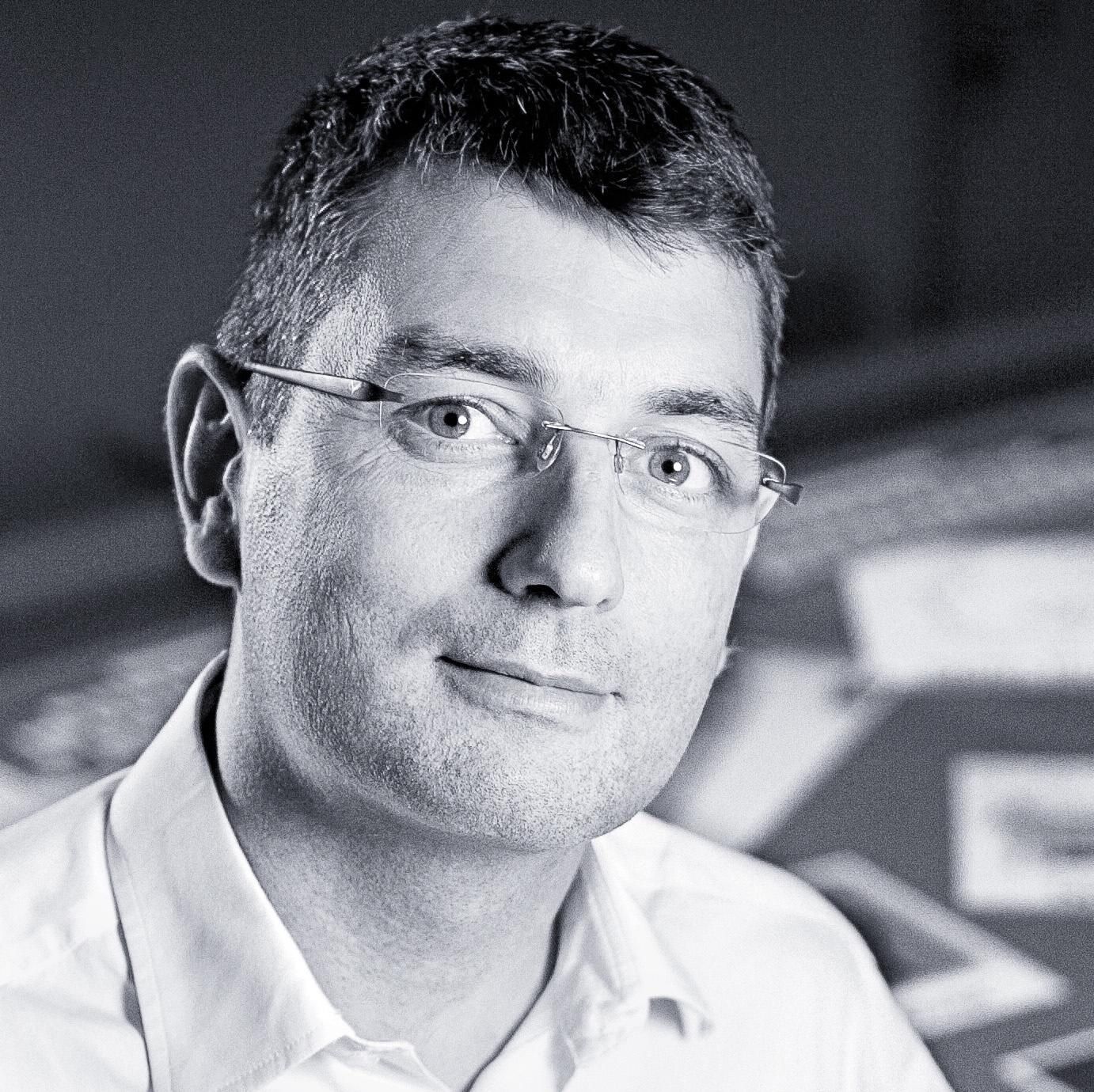Research Overview
In today’s rapidly evolving society, research in innovative project management is pivotal for addressing contemporary societal needs. Innovative projects serve as means for enterprises and organizations to materialize socio-ecological, economic, energy, and digital transitions.
Moreover, in an increasingly interconnected and globalized world, collaborative work among distributed intercultural teams has become crucial for business success.
However, challenges related to preliminary design, responsible innovation, and remote collaboration abound. These include risk assessment, stakeholder engagement, diversity of actors and perspectives, maintaining symbiotic interactions, and shared intentionality despite geographic dispersion.
Focus Areas
1. Project Risk Management and Agile Innovation Project Management: Developing models and tools to integrate risks, agility, and individual preferences into innovation projects.
2. Coupled Innovations in Business Models and Products: Exploring models and tools for assessing the sustainability of innovations in alignment with economic models.
3. Collaborative Work Mediated by Digital Devices: Researching methods of collaborative work supported by digital tools, emphasizing learning and facilitating both in-person and remote collaboration.
Our research centers on preliminary design projects of new products, encompassing technological, conceptual, and organizational innovations. By enhancing collaborative work mediated by digital devices within distributed intercultural teams, we aim to understand synchronous and asynchronous work modes and cultivate a sense of presence among remote participants.
Our goal is to develop models and tools to foster effective and seamless collaboration in digital environments, addressing technical and human challenges in ongoing transitions while enhancing design and innovation practices.
Teaching Activities for Graduate Students
Since 2003, I have spearheaded the restructuring of project management and innovation education at UTC. This initiative led to the establishment of a new course, GE40 “Advanced Project Management,” the reorganization of GE37 “Introduction to Project Management,” and the publication of a trilogy by Hermès Sciences focusing on project management for engineers (Gidel T., Zonghéro W., Management de projet, vol.1, Introduction et fondamentaux, Hermès Science/Lavoisier, 256p., Paris, 2006, with a fully revised edition in 2020), advanced project management techniques and tools (Gidel T., Zonghéro W., Management de projet, vol.2, Approfondissements, Hermès Science/Lavoisier, 448p., Paris, 2006, with a fully revised edition in 2021), and structuring project management learning in engineering schools through case studies and real-world project experiments (Gidel T., Zonghéro W., Management de projet, vol.3, Études de cas et supports de formation, Hermès Science/Lavoisier, 526p., Paris, 2007). This endeavor demanded significant investment and profound reflection on pedagogical methods to impart knowledge and skills to engineering students.
Building upon the experiences of my predecessors at UTC, particularly François Romon, I structured an original approach grounded in theoretical teaching, case studies, professional testimonies, and, most importantly, student involvement in real projects, often in collaboration with industry partners. All courses specific to the Innovative Project Management program (https://costech.utc.fr/formations/ filière MPI) now follow this framework.
In this context, I have been the designer and educational coordinator of GE40 “Advanced Project Management” course since 2004, a course tailored for senior engineering students.
Additionally, I teach problem-solving methods and project risk management to engineering students. I also contribute to teaching value analysis (DI05 unit, value analysis) and engage in discussions on the teaching of design methods.
As the head of the research platform Halle Numérique (http://halnum.utc.fr/), affiliated with the COSTECH laboratory, I oversee its operations and development.
Halle Numérique is a cutting-edge research facility featuring innovative tactile environments, including six large interactive tables and six touchscreen displays. Equipped with specialized software and compatible with individual devices such as tablets and smartphones. Each of these platforms enables collaborative work for 6 to 8 users simultaneously. It serves both research and educational purposes, fostering project-based pedagogy and collaborative learning. The facility is equipped with audio and video capture systems, including four fixed cameras and a microphone for each workstation, as well as digital trace capture technology to analyze user interactions for research purposes.
Additionally, I serve as the head of the Innovative Project Management (MPI) program, a cross-departmental initiative at UTC designed to confer engineering degrees across various domains: mechanical engineering, industrial process engineering, urban engineering, computer science engineering, biological engineering. Originating from the vision of François Romon, MPI provides essential training in engineering and innovative project management, catering to the diverse sectors represented within UTC’s departments.
Furthermore, I am the designer and pedagogical coordinator of “Advanced Project Management” course (UVGE40) at UTC, a crucial component of the engineering curriculum. This course is part of the engineering program and offers students comprehensive training in project management principles and tools.
Thierry Gidel is an associate professor at the université de technologie de Compiègne (UTC). He received his PhD degree in industrial engineering from école nationale supérieure d’arts et métiers ParisTech (1999) and he is authorized to supervise research at UTC.
He worked as a project manager in France, Asia and England for SMEs and industrial groups before being recruited by UTC to develop an engineer training course in Innovative Project Management (2000) then an Innovation Center (2006).
He is a certified form International Register of Certificated Auditor (IRCA No. A009713) with more than 250 expertise in industrial projects and services.
His research interests include preliminary design, multi-project management and innovation process. Within COSTECH laboratory, EA 2223, he studies the impact of digital collaborative work devices in industrial design, problem solving and innovation.
Thierry Gidel is responsible for the Halle Numérique research platform (Digital Hall research platform). He is the author papers and books on project risk management, project management, collaboration process and innovation processes.
Publications: https://www.researchgate.net/profile/Thierry_Gidel
Research projects: http://www.utc.fr/tatin/ ; http://halnum.utc.fr/
